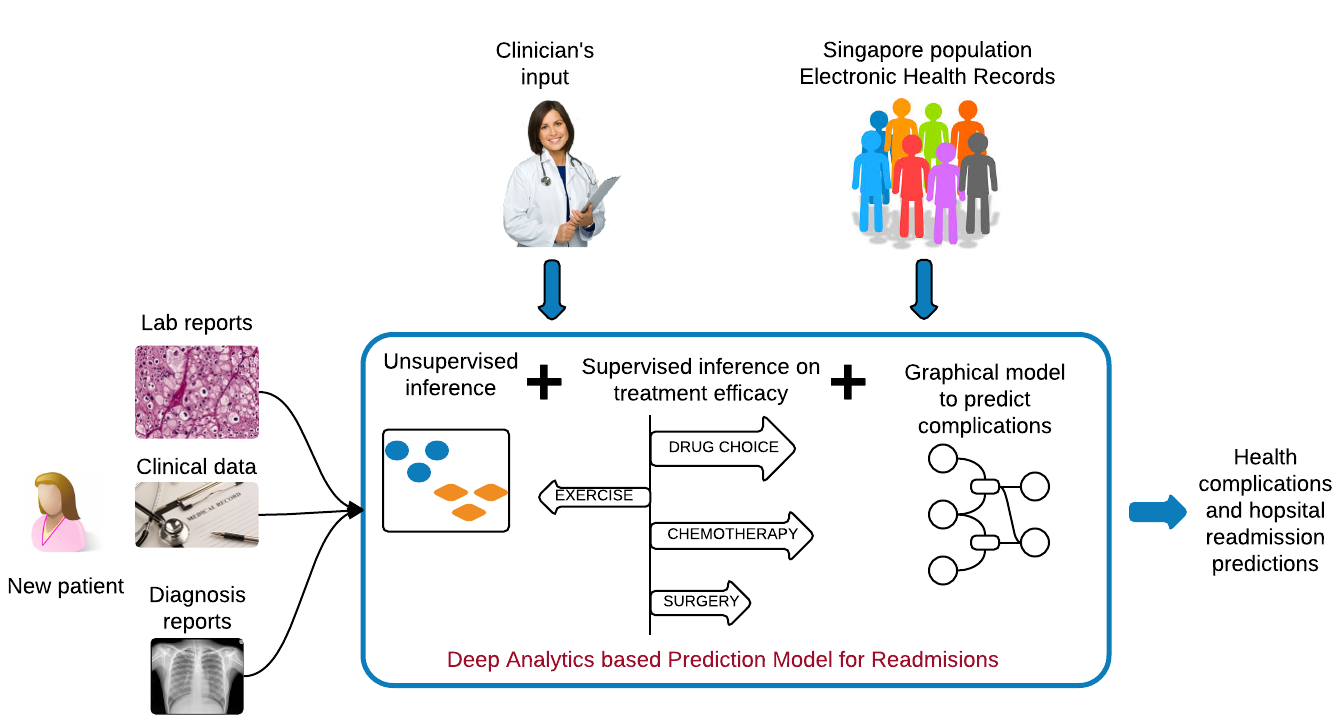
AI-Powered Algorithms Revolutionize Medical DiagnosisAI-Powered Algorithms Revolutionize Medical Diagnosis Artificial Intelligence (AI) is rapidly transforming the healthcare industry, and one of its most promising applications is in the field of medical diagnosis. AI-powered algorithms are revolutionizing the way medical professionals identify and diagnose diseases, leading to more accurate and timely treatment plans for patients. Improved Accuracy and Efficiency: AI algorithms can analyze vast amounts of data much faster and more accurately than humans. They can process medical images, medical records, and other relevant information to detect patterns and anomalies that may be imperceptible to the human eye. This enhanced accuracy reduces the risk of misdiagnosis and leads to more precise treatment decisions. Early Disease Detection: AI algorithms can identify subtle signs of disease at an early stage, even before symptoms appear. By analyzing medical data over time, they can detect changes that indicate potential health concerns. This enables early intervention, which can significantly improve patient outcomes and prevent the progression of diseases. Personalized Diagnosis: AI algorithms can take into account individual patient factors, such as age, ethnicity, lifestyle, and genetic makeup. This allows for more personalized diagnostic approaches that consider the unique characteristics of each patient. By tailoring diagnoses to each individual, AI algorithms can optimize treatment plans and improve patient adherence. Remote Diagnosis and Triage: AI algorithms can be deployed in remote settings, enabling healthcare professionals to provide diagnoses and triage services to patients who may not have easy access to in-person care. This is particularly beneficial in underserved areas or during emergencies. Challenges and Limitations: While AI-powered algorithms offer significant advantages, it is important to acknowledge their limitations and potential challenges: * Data Bias: Algorithms are only as good as the data they are trained on. If the training data contains biases, the algorithms may inherit those biases and provide inaccurate diagnoses. * Interpretability: It can be challenging to understand the exact reasoning behind AI-generated diagnoses, which may make it difficult for healthcare professionals to fully trust the algorithms. * Regulatory Hurdles: AI algorithms used in medical diagnosis must undergo rigorous regulatory approval processes to ensure their safety and accuracy. Conclusion: AI-powered algorithms are revolutionizing medical diagnosis by providing improved accuracy, efficiency, early disease detection, personalization, and remote diagnostic capabilities. As these algorithms continue to advance and their limitations are addressed, they will play an increasingly vital role in improving patient care and delivering more precise and effective treatments.
Posted inNews